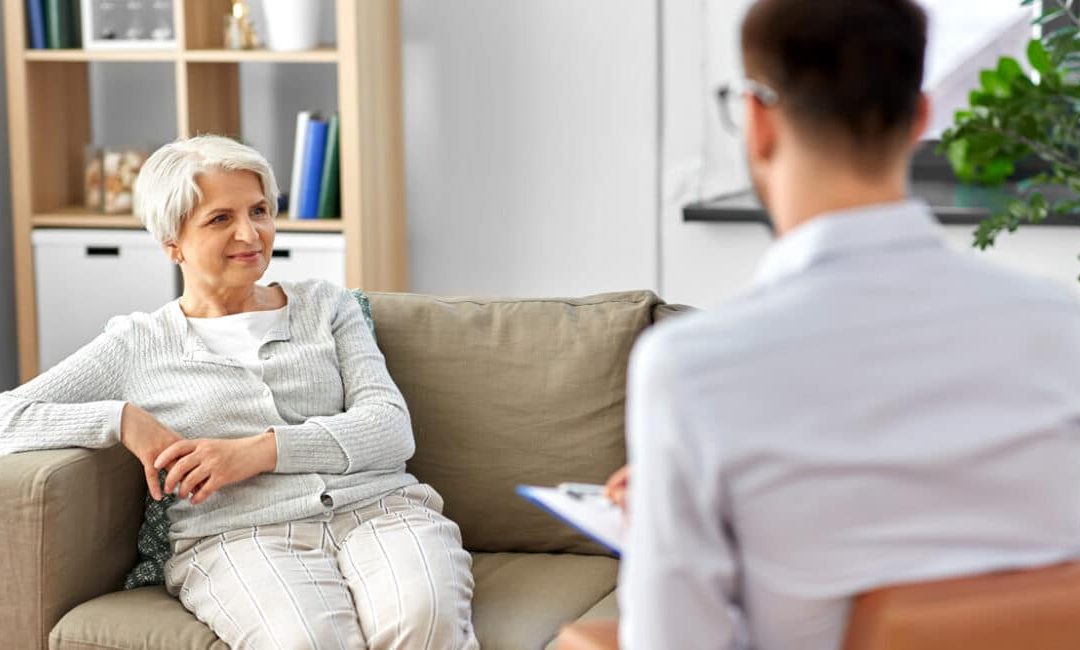Finding the Right Therapist: How to Know If It’s a Good Fit (And Why That Matters)

At Therapy-Connection, we believe that the relationship between you and your therapist is one of the most important parts of the healing process. Research backs this up. Studies show that the quality of the connection between client and therapist is one of the strongest predictors of positive outcomes in therapy.
So how do you know when the fit is right?
When therapy is working, it often feels like:
- You can breathe a little easier after the session
- You feel safe, even when talking about hard things
- You don’t feel judged for your thoughts or emotions
- You leave feeling understood, not just analyzed
- You feel respected and supported, not talked down to or pressured
You don’t have to feel a spark right away, and it’s completely normal to take time to warm up.
But you should feel a sense of openness and possibility, even if things are still unfolding.
Or consider Malik, who had been in therapy years ago and left because he felt like he was being lectured rather than heard. When he returned to therapy with us, we focused on making sure he felt ownership of his process. He helped set the tone, pace, and direction of each session, and that autonomy helped him build trust more naturally.
- Did I feel emotionally safe, even when things got hard to talk about?
- Was I able to be honest about what I was thinking or feeling?
- Did my therapist listen without judgment or assumptions?
- Do I feel like they respect who I am and what matters to me?
- Am I looking forward to continuing, even if I still feel unsure?
If your answer to most of these is yes, that’s a promising sign. If your answer is no or unclear, that doesn’t mean therapy won’t work for you. It may simply mean you haven’t found the right person yet.
At Therapy-Connection, we encourage open communication about the fit. If something doesn’t feel right, we want to hear about it. And if we’re not the right match, we’re always happy to help connect you with someone who might be a better fit for your needs.

